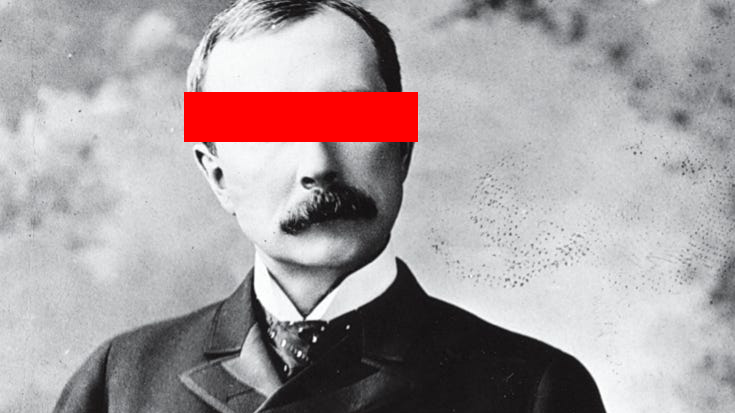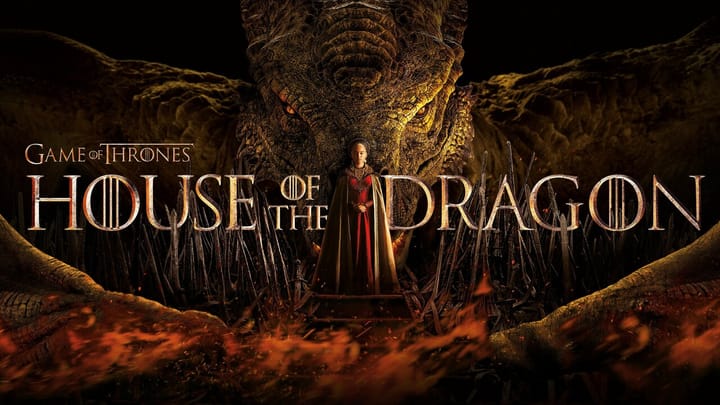I Read 6 Books on Confidence. Here's What I Learned...
Confidence is a skill. You need to develop skills that are broadly applicable. This will give you general confidence.

Lesson 1
Confidence is a skill. You need to develop skills that are broadly applicable in life. This will give you general confidence.
The main areas to develop are health, knowledge, relationships, and wealth.
Lesson 2
The best confidence building skills are:
- Ability to speak well
- Meditation
- Physical coordination (ability to run fast and far)
- Physical Strength
- Ability to fight
- Decision making (read books, develop mental models)
- Wealth (learn finance and investing)
- Being able to develop meaningful relationships
- Always tell the truth
No one is born with these skills (except wealth, and even then you need to have some finance skills not to lose it).
Lesson 3
There's no need to be perfect—we’re all idiots.
Get used to failing, failing is the normal state of things. Just keep trying and eventually you’ll have a win. You might as well set audacious goals. On the off chance you don't fail, you'll win big.
Lesson 4
Successful people are just like normal people.
Dwyane Wade’s kids have said they were not impressed by him. Bill Gates’ ex-wife has mocked his intelligence. All of the greatest people are mocked by those close to them. No one is a prophet in their own land.
Lesson 5
We shouldn't let others influence our desires.
When our book deal keeps getting denied, for instance, we start to think our idea isn’t good (or maybe we aren't good). We should keep trying.
Lesson 6
Normal people don’t see how much work goes into being successful. They only see the final product: the perfect music album, the successful businessman, the perfect comedy special. They think that successful people just got lucky or were born with an innate talent. They don't realize that years of failure went into making that album, business, or comedy special.
“We see our early failures as proof of conclusive ineptness rather than as the inevitable stages on every path to mastery... We have not seen enough of the rough drafts of those we admire, and therefore cannot forgive ourselves the horror of our own early attempts.” – Alain de Botton
Lesson 7
Confidence is the belief that you can overcome obstacles.
Lesson 8
We need to read the biographies of successful people so that we understant that everyone is a bad when they start something new.
Lesson 9
“There is something arguably even more frightening than failure: the tragedy of wasting our lives.” – Alain de Botton
Lesson 10
Many of us (wrongly) pin our self-esteem on the approval of others. Even people we don't like can effect us.
Everyone has been called either an idiot or arrogant – it (likely) means nothing to be called these names. Jeff Bezos was laughed at by his boss and coworkers when he left to start Amazon. Elon Musk was called crazy by virtually the whole world when he first started SpaceX.
Lesson 11
Most people use metrics from insititutions to value others. A woman could be falsely accused of stealing and conviced but now everyone will think she's a thief. This is because we put so much trust into insitutions. We never question whether someone was wrongfully sentenced to jail, or if someone wins a Pulitzer prize based on their connections.
This is a problem because most parents use institutional metrics to value their children. If their child brings home all "A's" or gets first place at the science fair, they think that the child is special. This causes many people to grow up with a warped sense of success. These children will believe that success in school is an indicator of success in real life. They will also believe that people only like them when they achieve insitutional-based metrics of success.
Lesson 12
The child from lesson 11 then grow up and thinks that they are judged by everyone else around them. If they don't get a good grade it means that they are inqdequate. This gives everyone the power to make us feel bad becasue we base our eslf-worth on what toher people think.
We must develop a growth mindset. Don’t listen to anyone who is not in a position you want to be in. The 'growth mindeset' is a term coined by psychologist Carol Dweck. When you have a growth mindest, you understand that your abilities can be improved through dedication and hard work.
“[The psychologically robust] assume from the start that most people, even grand and supposedly intelligent ones, are riddled with prejudice, beset by low motives, and capable of deliberate cattiness and meanness better suited to a playground of the under-fives. They lie, they slander, they project, they say things to make themselves feel better, they are envious and inadequate, cruel and close to evil. Why should we be surprised and disturbed if a few people happen to be nasty to us, given that nastiness is more or less the fundamental truth of human nature.” - Alain de Botton
Lesson 13
“The confident know that every decent and interesting person is going to accumulate a string of enemies as they make their way through life. It would be impossible for it to be otherwise, given human nature.” – Alain de Botton
The most common reason for enemies is that they are reminded of their own inadequacies when they see you. This makes you the target of their anger.
Lesson 14
Forgive toxic people but stay far away from them.
Lesson 15
Many people fear success. Why? Because they don't know how the people around them would react if they became successful. People self-sabotage to fit in with thier friends and family.
Lesson 16
Being meek and unconfident is often used to mask the fear of being assertive.
We shouldn't delude ourselves into thinking our inadequesies are virtues.



Comments ()